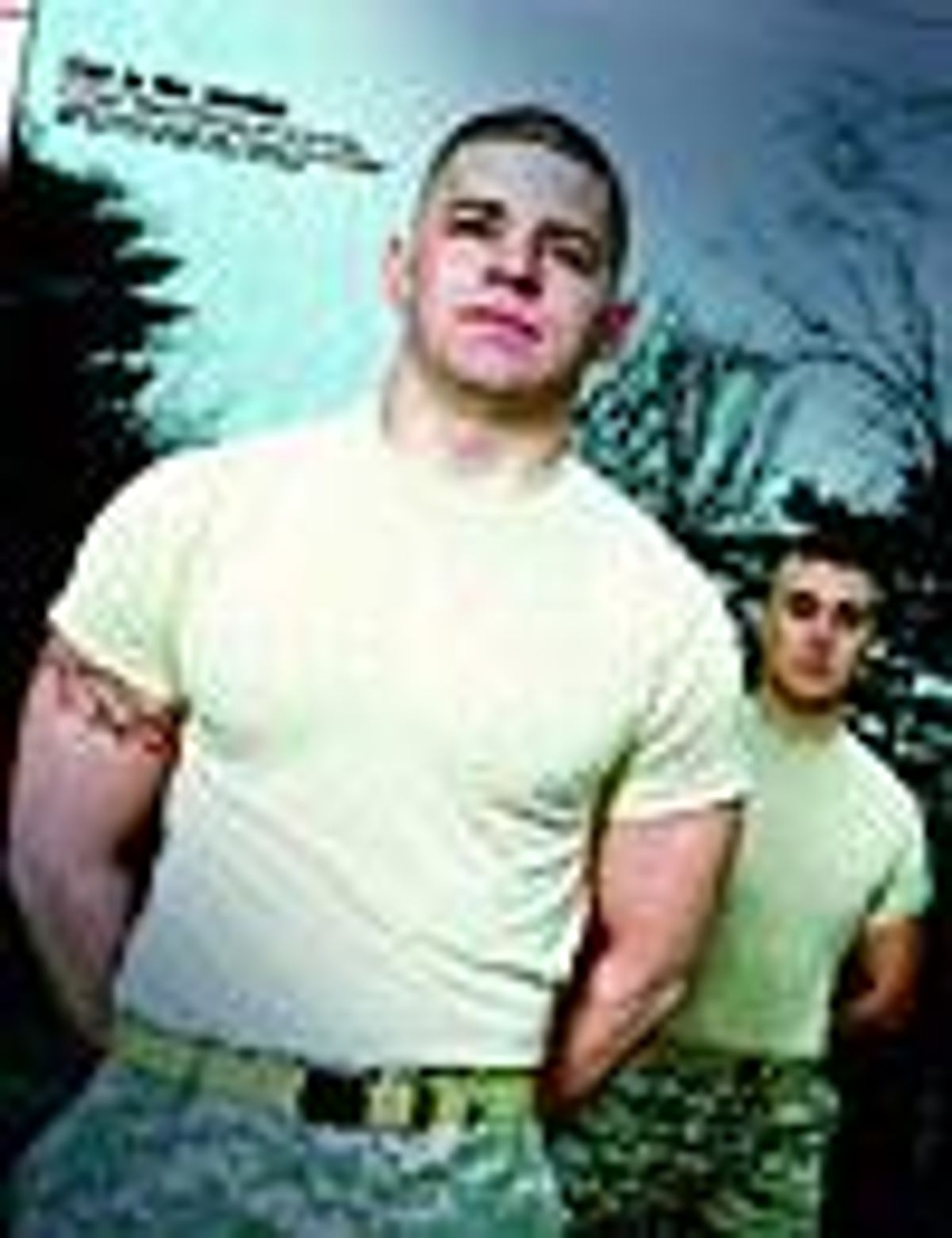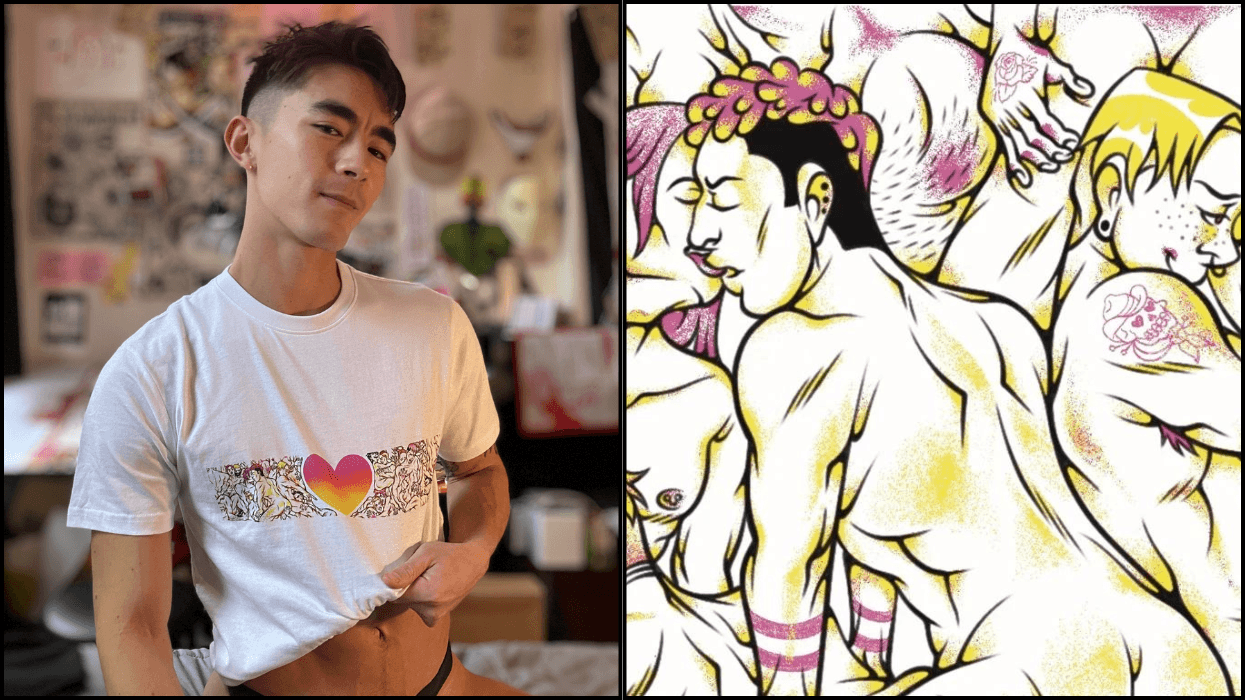
With increasing pressure on Congress to repeal "don't ask, don't tell," a group of out veterans unveils a plan to bring conservatives to their side and win the right to serve
January 30 2006 12:00 AM EST
November 15 2015 6:16 AM EST
By continuing to use our site, you agree to our Private Policy and Terms of Use.

With increasing pressure on Congress to repeal "don't ask, don't tell," a group of out veterans unveils a plan to bring conservatives to their side and win the right to serve
On a morning in 2002, Alex Nicholson quietly packed his bags and left his military base near Tucson for the last time. A friend he once trusted had outed him to commanding officers, and Nicholson had been given an honorable discharge under the government's ill-fated "don't ask, don't tell" policy. Nicholson--who was fluent in three languages when he joined the Army at age 19 and loved the training in intelligence gathering that he had been receiving--lost his dream of becoming an interrogator. "Going through that experience really takes a lot out of you and leaves you without a feeling of self-worth," he says. "For a long time I went back into private life, not sharing my story at all."
Nicholson, now 24, is anything but quiet these days. He has organized a project named Call to Duty that will send a group of LGBT veterans and their straight allies to about 20 universities during February and March to debate "don't ask, don't tell."
"Ultimately we'd like to see the policy repealed because it's absurd in the post-9/11 world," Nicholson says. "At this point it's time to reevaluate the policy, given the fact that this is one of the largest military mobilizations since Vietnam."
Call to Duty was still finalizing its schedule as of press time, but it has secured a February 21 engagement at Harvard University's Kennedy School of Government as well as appearances at the University of Washington; the University of California, San Diego; and several military colleges around the country. "Our target audience is the conservative crowd," Nicholson says. "We want to get people who disagree with us to see us speak and see us challenge the emotions they have in their heads about gays and lesbians."
The tour's speakers either were discharged because of their sexuality or chose not to reenlist because of "don't ask, don't tell." Their experiences in the military are broad, including facing harassment, being kicked out, and finding support systems--even among commanders. Like Nicholson, most were aware of the policy when they enlisted but were determined to try to tolerate it. "I really wanted to serve my country," he says. "I looked at the policy as an extra sacrifice that gay men and women have to make, and I was willing to do it."
Want more breaking equality news & trending entertainment stories?
Check out our NEW 24/7 streaming service: the Advocate Channel!
Download the Advocate Channel App for your mobile phone and your favorite streaming device!

